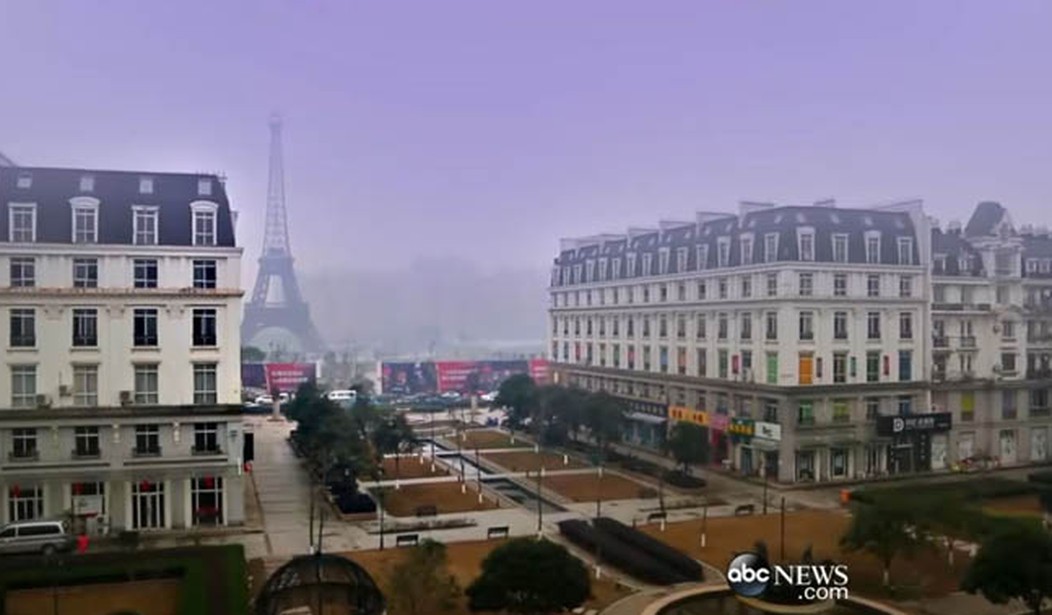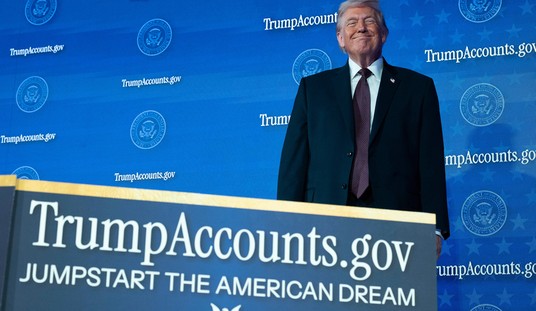You love to see it. The Washington Post editorial board published a piece today arguing that the world she be paying close attention to the failure of Chinese communism:
The East is ascendant. The West is in irreversible decline. And China is proving that its centralized, state-led authoritarian system is superior at delivering high economic growth and rapid development, in contrast to messy and fractious democracies.
For years, and particularly since Chinese President Xi Jinping cemented his power, this has been the official message underpinning Mr. Xi’s “great rejuvenation of the Chinese nation.” Rejuvenation — also called revival — has been repeated like a mantra in official documents and by the state-run media. It carries specific strategic aims: restore China as a global power; double the size of the economy and surpass the United States by 2035; achieve “common prosperity” to erase income inequality. “The superiority of our system will be fully demonstrated through a brighter future,” Mr. Xi proclaimed...
Now, rather than showcasing the supposed “superiority” of the Chinese system, the current economic downturn is underscoring the Communist leadership’s unwillingness or inability to respond to the country’s myriad mounting crises.
We’ve been over the crisis and the causes of it previously so I won’t rehash it all again. But what’s very clear is that China has no easy way out of its current problems. And that’s something the free countries of the world should be highlighting and celebrating.
China and Russia had been trying to lure countries of the Global South to their concept of a new world order, not dominated by Western institutions and the United States, showcasing alternative models to Western-style democracies. Now, the two authoritarian giants are flailing. Let’s hope the world is paying attention.
On a related note, China’s largest property developer, Country Gargen, did manage to avoid default last week but that doesn’t mean it’s problems are over.
For now, Country Garden has avoided the worst.
It has paid off $22.5 million in overdue interest on the two US dollar bonds, according to state media, and also reportedly won approval this week from local creditors to delay repayments on a maturing yuan-denominated bond, allowing it to buy more time to repay the outstanding principal of $540 million until 2026…
But the company still has a slew of new deadlines ahead, with around 13 billion yuan ($1.8 billion) of onshore bonds and approximately 14 billion yuan ($1.9 billion) of offshore bonds either due to bondholders or subject to demands for early payment through the end of next year, according to a Moody’s estimate shared with CNN…
What’s worse, the outlook for its core business is darkening. On Friday, Fitch Ratings cut its forecast for new home sales in China, saying it expects a drop of 10% to 15% this year, “steeper than our previous estimate of a 0% to 5% drop.”
The Wall Street Journal published a video report today about the Chinese property crisis using Forest City as an example. Forest City is one of many Chinese Ghost cities, this one built by Country Garden. To this day it remains mostly empty. People bought these homes as investments but you can’t have a “city” where 90% of the people are absent all of the time.
This is not unusual in China. There are lots of ugly ghost cities which have never attracted many people but there’s something even weirder. China has built scale replicas of US and European cities. They built copies of Paris and London and even of Jackson Hole, Wyoming. But once again almost no one lives there. The reporter describes them as feeling almost like theme parks. This report is from 2016 and even back then, in the early days of Xi Jinping’s rule, China was becoming concerned that these little imitations of the free world were contrary to communist principles.







Join the conversation as a VIP Member